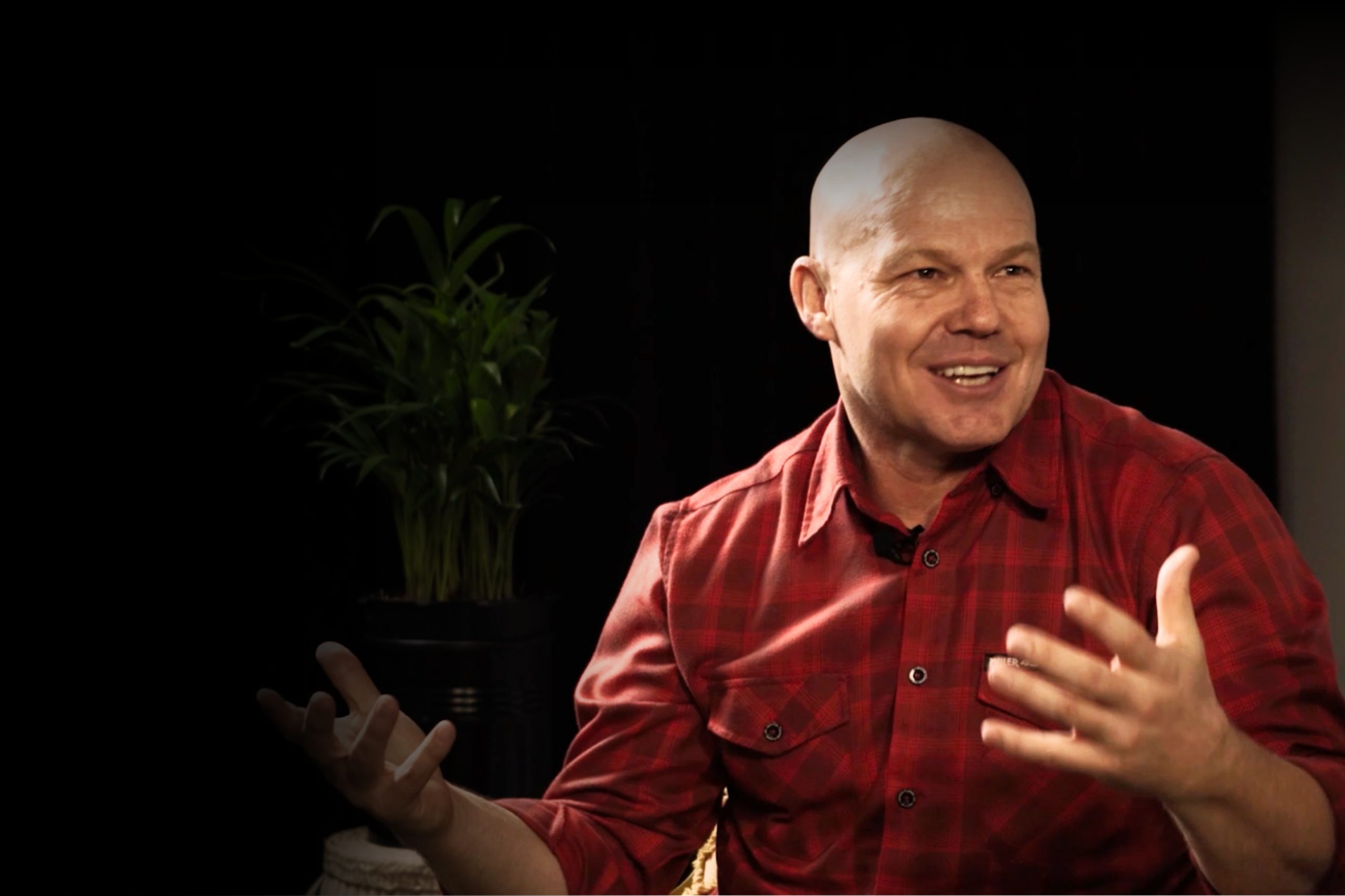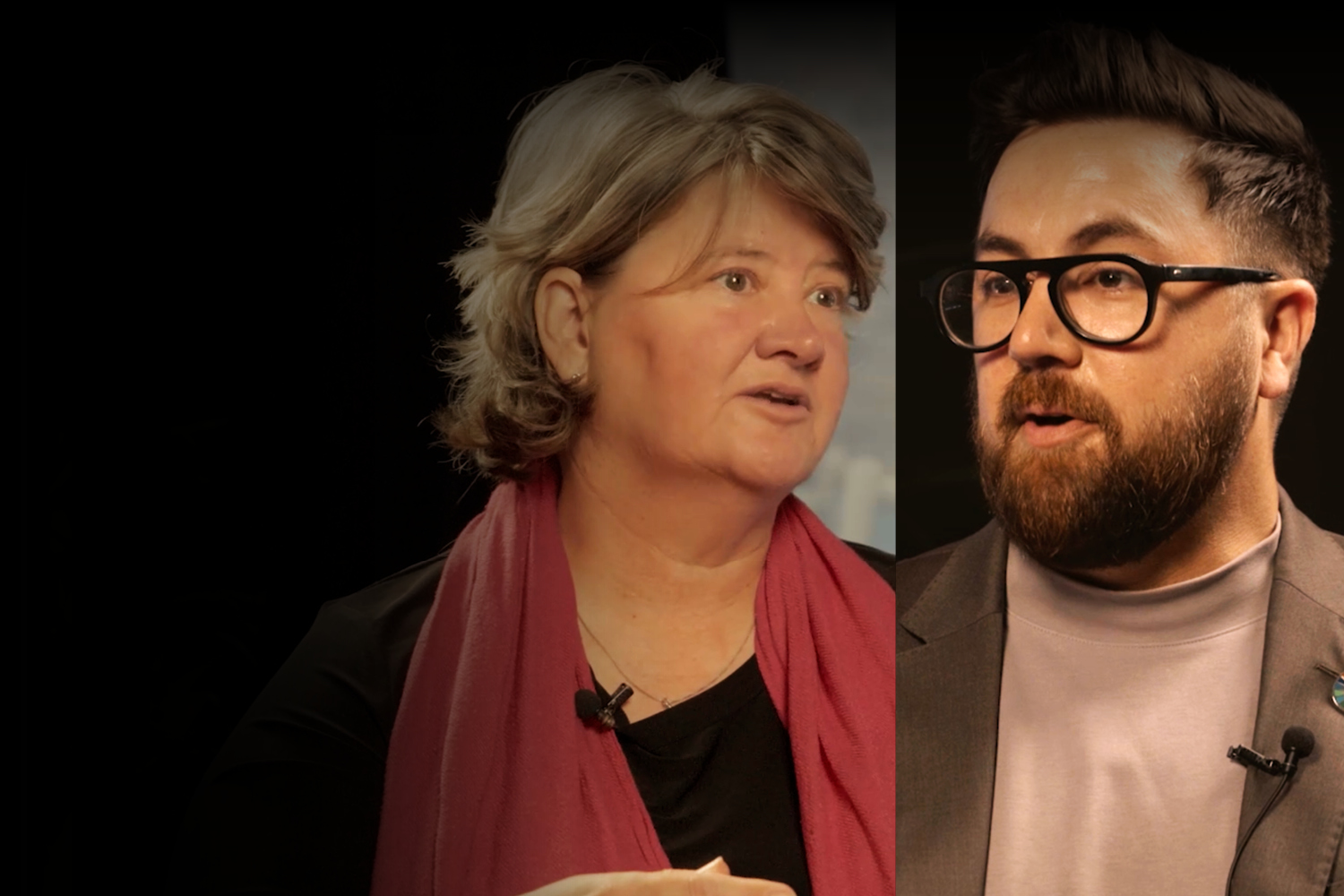Financial advisers are constantly faced with the conundrum of sorting through a magnitude of economic data, market news etc. and then distilling this into something palatable for their clients to digest and to assist in making sound investment decisions.
In times like these it might be a good idea to go back to basics.
Here are a few investing tips and talking points that could potentially assist in those difficult conversations with your clients.
1. Keep Calm.
Grey listing, deep junk status, debt sustainability and the ongoing realisation of the negative impact of our State, means the direction of growth in SA is not straight forward. South Africans and South African companies are resilient and know how to operate in this type of environment. We possibly find ourselves at the lowest point in sentiment, with all the bad news priced in, a little good news and we are potentially off to the races.
2. Good active managers love volatility.
It’s not surprising just how pessimistic everyone has been about SA and now we’ve just seen things getting a little bit less pessimistic. Good managers are finding opportunity in low share prices and grabbing the chance to buy oversold companies at a discount. Once the noise subsides, investors will benefit from the recovery. Savvy investment managers are identifying oversold assets and are well-positioned to identify the potential winners and losers among them. Small, agile asset managers are more able to position and adapt their portfolios accordingly than large managers.
3. Stop telling yourself this time is different and stick to your goals.
Financial markets have declined and recovered from huge shocks before. If markets could survive a worldwide economic shutdown, they can certainly survive cyclical downturns. What is less clear is how long a particular decline and recovery will take, which is why it is so important to stay in the market and stick to your long-term strategy. Avoid crystallising “paper losses” in order to try and time the market by switching in to cash and waiting for the best time is to go back in. As the saying goes, “it is not about timing the market, but time in the market”.
4. Global opportunities still exist.
The cumulative impact of monetary tightening continues to become more evident while moderate stimulus to date has meant that the Chinese economic recovery has been much slower than previously hoped for. An important factor to consider when allocating money offshore is the geographical exposure of your investment. A well-diversified exposure to both developed and emerging markets is prudent.
5. Review your saving strategy.
There is nothing like a financial shock to highlight the critical importance of saving. Inadequate cash reserves often force people to sell their investments at the worst possible time. A cash reserve of at least three months’ income can mitigate the need to cash out and avoid a substantial loss. Now is the perfect time to review your savings strategy to make sure you can weather future storms and be in a better position to enjoy the sunny days as investment conditions improve.
6. Expect volatility in the bond market.
We must appreciate the fact that our bonds are deemed junk bonds and trade similarly to other junk bonds when there is a big risk-off event in the market, where bonds yields sell off dramatically. We should expect to see volatility in our bond market, especially during market turbulence, but this also means that we are rewarded with greater yields.
7. Diversify, diversify, diversify.
It is critical to spread risk. Multi-asset unit trusts offer a wide choice, are easily accessible and are well-diversified as they are composed of a basket of equities, bonds and money market instruments. These should form the basis of an investment portfolio. You may also consider hedge funds, which are showing their mettle during volatility, uncertainty and poor performances across asset classes due to the pandemic, the war in Ukraine and the subsequent increase in global inflation. By their nature, these funds are geared towards producing relatively superior risk-adjusted returns regardless of market conditions. Recent statistics have validated their raison d’être, and rewarded investors for their faith in an often overlooked and misunderstood asset class.
8. It’s not only about returns.
Risk management is key to any investment strategy. During times of high market volatility and continuous downward growth forecasts, it is important to remember the importance of protecting capital. If your investment portfolio does not fully participate in market downswings, it will grow off a higher base to make up for lost capital a lot quicker compared to a portfolio that fully participated in the downswing.
9. Let’s talk about fees.
An asset manager (petrol) needs to show their worth through performance, a platform (the vehicle) needs to provide a proper solution and the adviser (the driver) needs to make the journey as smooth as possible. Everything the client pays for needs to add value while they are on their investment journey.
10. Invest responsibly.
Consider investing with asset managers that take environmental, social and governance (ESG) issues into consideration when allocating capital and who apply the principles of the Code for Responsible Investing in South Africa.











